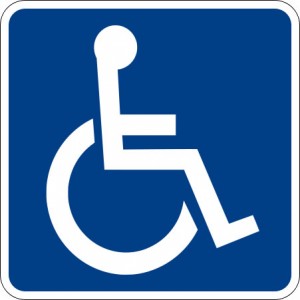 A reasonable accommodation is a modification or adjustment to a job, the work environment, or the way things usually are done that enables a qualified individual with a disability to enjoy an equal employment opportunity. An equal employment opportunity means an opportunity to attain the same level of performance or to enjoy equal benefits and privileges of employment as are available to an average similarly-situated employee without a disability.
A reasonable accommodation is a modification or adjustment to a job, the work environment, or the way things usually are done that enables a qualified individual with a disability to enjoy an equal employment opportunity. An equal employment opportunity means an opportunity to attain the same level of performance or to enjoy equal benefits and privileges of employment as are available to an average similarly-situated employee without a disability.
The ADA requires reasonable accommodation in three aspects of employment:
- to ensure equal opportunity in the application process,
- to enable a qualified individual with a disability to perform the essential functions of a job, and
- to enable an employee with a disability to enjoy equal benefits and privileges of employment.
Examples of reasonable accommodations include making existing facilities accessible; job restructuring; part-time or modified work schedules; acquiring or modifying equipment; changing tests, training materials, or policies; providing qualified readers or interpreters; and reassignment to a vacant position. For additional information about reasonable accommodation under the ADA, visit Reasonable Accommodation and Undue Hardship (EEOC Guidance) at http://www.eeoc.gov/policy/docs/accommodation.html.
via Employers’ Guide.
